Small business loans can be great when you need to get your brand up and running or cover unexpected expenses. However, it’s useful to understand the difference between the available options before committing to one.
To help you make the right choice, here’s what you need to know about some of the more commonly used business loans.
Line of credit/overdraft
A line of credit involves overdrawing on your business’s bank account up to an amount approved by your financial institution. This is commonly used for short-term capital, or as a source of cash flow to keep operations running smoothly.
Pros:
- Flexible – use funds as needed and repay at your own pace.
- Allows you to establish a good credit history for future borrowing.
- Simpler application process than other loan types.
Cons:
- The bigger the overdraft, the bigger the fees.
- May incur fees even when not being used.
Bank term loan (secured or unsecured)
A bank term loan is a medium-to-long-term loan option commonly used for purchasing equipment or covering business start-up costs. It involves borrowing form a lender and making regular repayments over an agreed period.
Pros:
- Flexible – choose from fixed, variable, split rate or interest-only loans.
- Allows you to borrow a larger sum over a longer term, with lower interest rates.
- May be able to match the loan term to the life span of the underlying asset.
Cons:
- May be subject to borrowing minimums.
- Attracts set-up and service fees.
- Variable rates can fluctuate, resulting in higher repayments.
Mortgage loan
A mortgage loan can be used to cover most of the upfront costs of purchasing a property for your business. The property is then used as collateral by your lender until you’re able to repay the loan amount and the incurred interest.
Pros:
- Flexible – choose from fixed, variable, split rate or interest-only loans.
- May offer features such as redraw facilities and no-penalty early repayment.
- May be easier to obtain than a bank term loan.
Cons:
- May be subject to borrowing minimums.
- Attracts set-up and service fees.
- Variable rates can fluctuate, resulting in higher repayments.
Lease financing
Used primarily for equipment and vehicle purchases, lease financing means the lender owns the asset and charges the business a hire fee. At the end of the lease agreement, the business may be able to refinance or purchase the asset.
Pros:
- Allows you to maximise the use of your working capital.
- May entitle you to certain tax deductions.
Cons:
- May be more expensive than other types of financing over the long run.
- May be subject to hefty early termination fees.
Looking for the right business loan?
Understanding how the different commercial loans vary can help you choose one that best suits your business needs. Make sure you speak with a professional mortgage broker before making any decisions to ensure your business gets the right level of financial support.
Contact Conquer Finance today on 1300-513-467 or email [email protected] to discuss your position in more detail.



